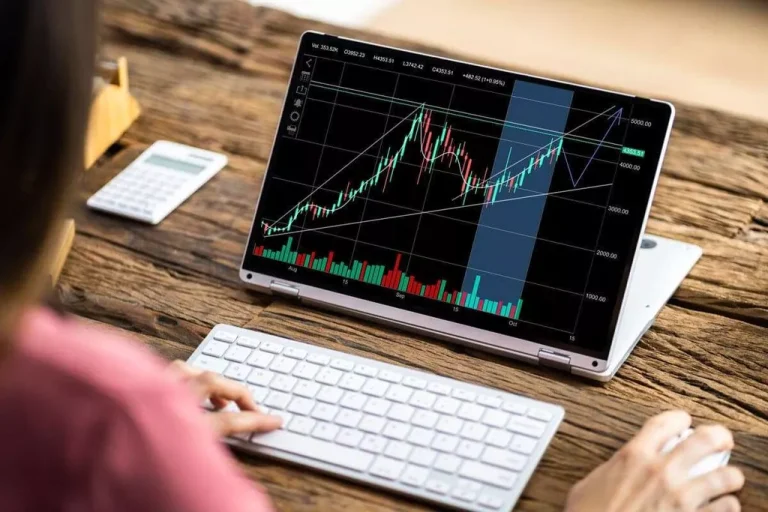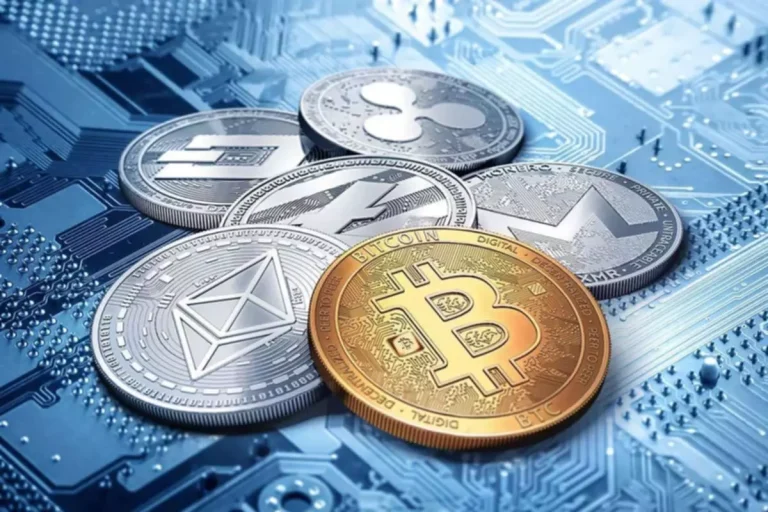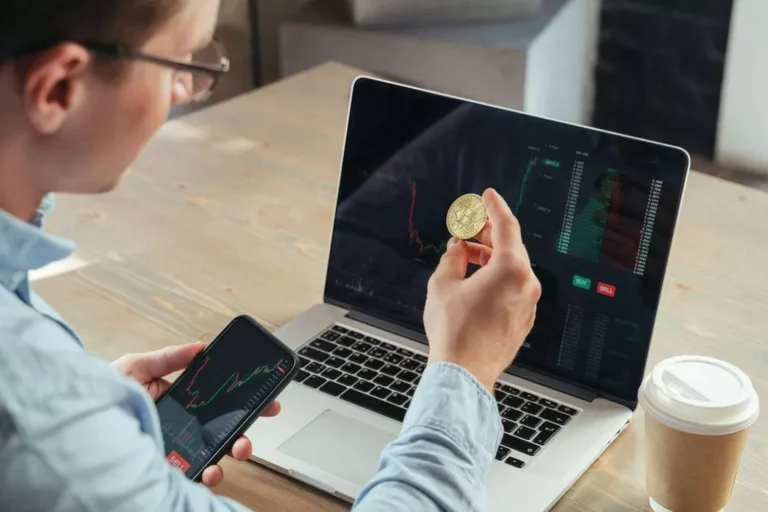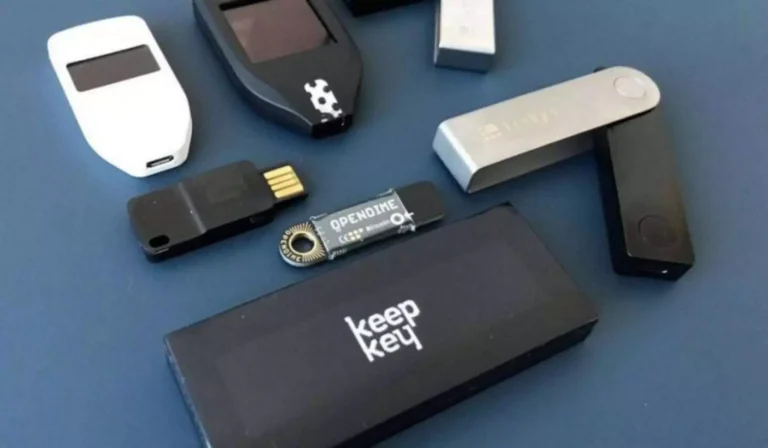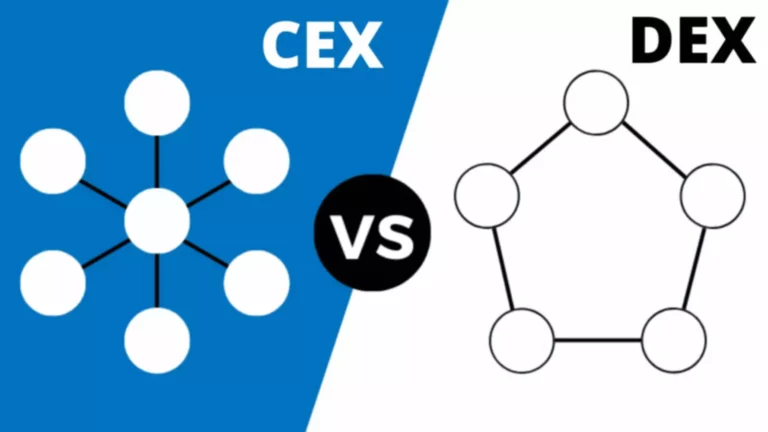If an exchange doesn’t support the asset you wish to trade, the other factors become of little use. Therefore, check the exchange to verify if the asset you wish to trade is listed on the platform. Some exchanges provide insurance against theft and network security techniques, while others add deep cold storage methods that take your keys offline until you need them. Still others use a combination of technologies to try and secure your crypto. This means that you should do your homework and learn all your options before choosing an exchange.
This means to buy crypto for the first time, and you will usually need to use a CEX and undergo the KYC process at some point. For this, users deposit assets into smart contracts http://www.crimeafoto.ru/serie.php?id_album=18&offset=264 called liquidity pools. These pools automatically execute trades based on predefined mathematical formulas rather than relying on individual buy and sell orders.
The platform provides support for more than 60 cryptocurrencies traded against Turkish lira and stablecoins. Be careful when picking a crypto exchange as some provide wallets that do not let the buyer transfer their coins off of the platform. A buyer would have to sell and rebuy their coins, which might have tax implications.
In the case of a centralized cryptocurrency exchange, you need to look for features such as user-friendliness and low costs. Some of the other important features of centralised exchanges include the facility of live market prices for cryptocurrencies listed on the exchange. However, decentralized exchanges or DEXs also feature transaction fees alongside network charges for moving digital assets. In addition, a centralized exchange is different from decentralized counterparts on the basis of the storage of private keys of users.
It addresses the management of all data related to transactions and sales and buys orders. On top of it, the centralized exchanges can also ensure the availability of data https://sharks-world.ru/petnews/animnews122.html about orders for helping network participants in analysis to ensure effective investment decisions. The exchanges charge a particular fee for offering access to the data.
Not to mention, you are trusting the exchange to execute your trades fairly and honestly. If a centralized entity decides to mismanage your funds, there’s not a lot you can do. This creates a risk of front-running, market manipulation, or even insider trading.
They start the business with small capital, which covers only development costs, but leave the venture without having the necessary operational cash until it becomes money-making. Planning and executing the centralized crypto exchange development requires more research, specifically when we talk about the technical requirements. They handle the decentralised part of the transaction and they maintain an order book like the banks do. So, if a transaction occurs, you are not actually transacting on the blockchain, rather you are just transacting on a centralised exchange, who is just maintaining records for those transactions. Some DEX don’t offer fiat currency changes at all and your only option might be to trade one cryptocurrency for another. Your funds aren’t insured and there’s nobody to call if you run into a customer service issue, as there’s no central authority.
- For these companies, CCEs are important because they offer a unique and secure framework for investing in the cryptocurrency market.
- PoR enables customers to verify that their institution is actually in the custody of their assets as promised and not just on paper.
- This lack of liquidity can be a deterrent for institutional investors or wealthy independent traders who want to purchase a select crypto asset in large volumes.
- When the price of the asset reaches your set price, the order will execute.
The exchange also offers custody services for investors to ensure their money is safe. Users should take note that they are likely to pay more fees for this and other services. DEXs have been designed as peer-to-peer marketplaces without any central authority. Decentralized exchanges do not have custody of private keys or data about orders of users, and all the transactions go through automatic execution through blockchain. Another significant highlight for decentralized exchanges refers to lower costs for transactions in comparison to CEXs. The difference between a centralized exchange and DEX is also evident in the use of smart contracts in decentralized exchanges.
In general, the higher-market-cap coins are more likely to be traded on most exchanges. Investors looking for more exotic, lesser-traded coins might have to search out smaller exchanges. It’s easy to find out what coins are available, so just check the list to find your desired crypto. Most people’s experience with crypto begins on an exchange, as this is the easiest place to buy crypto.
You can usually find information about an exchange’s security practices on their websites. In some cases, an exchange might have a native token that enables traders to pay lower fees. Users pay fees in the form of the exchange’s native token, rather than from the currency pair they are trading.
In order to access that higher liquidity, look for an exchange with many users, or users who hold large amounts of assets on the exchange and trade frequently. This might seem counterintuitive since one of the founding tenets of cryptocurrencies is that they are decentralized — meaning they aren’t issued or regulated by a government or other central authority. But http://www.lensart.ru/picture-pid-53013.htm a centralized cryptocurrency exchange can make it easier to buy your intended crypto with regular currency. On a crypto exchange, you can use ordinary fiat currency to buy crypto, or you may be able to trade one crypto for another. You may be able to convert your crypto back into regular currency, leave it in your account for future trades, or withdraw it as cash.
Exchanges also often use multi-signature wallets, which require multiple entities to sign a transaction before funds can be accessed. It’s important to research the security history of an exchange before you entrust your funds to the platform. The working of a crypto exchange in a centralized format would also emphasize its role as a custodian of user data.
In addition, centralized exchanges must also oblige with the conditions of transparent operations. The centralized exchanges should also follow specific procedures which prevent the unnatural manipulation of asset prices. Decentralized exchanges use a number of different protocols and mechanisms. Although this dynamic results in higher security and autonomy, it also results in disjointed liquidity across platforms. This lack of liquidity can be a deterrent for institutional investors or wealthy independent traders who want to purchase a select crypto asset in large volumes. To address this, DEX aggregators have developed tools to deepen asset liquidity pools across centralized and decentralized crypto exchanges.
Erika Rasure is globally-recognized as a leading consumer economics subject matter expert, researcher, and educator. She is a financial therapist and transformational coach, with a special interest in helping women learn how to invest. The exchange account opening form might ask the user for the basic details such as name, gender, address, email id, date of birth and a copy of photograph, if needed. Applicants might be required to furnish details of their PAN card, Aadhar card or any other such document for KYC formalities. Well luckily, there is a way to buy crypto without forfeiting the ownership of your private keys. The answer is simple; Yes, you can buy crypto directly from a CEX using Ledger Live.
